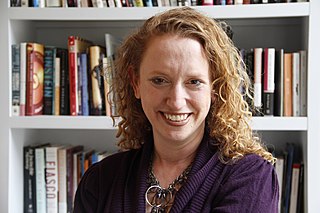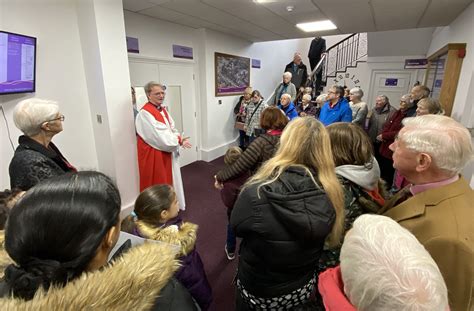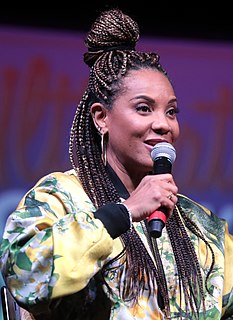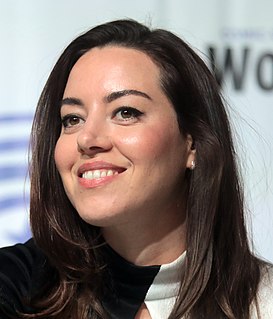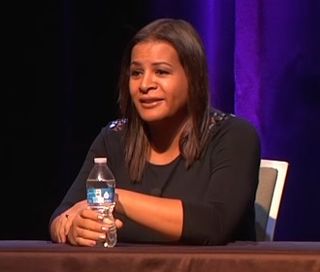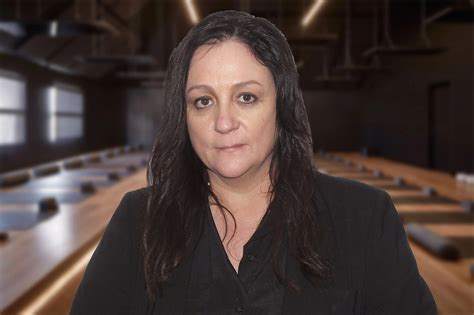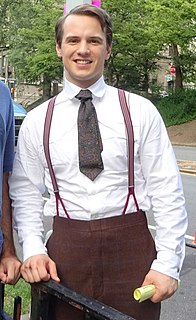A Quote by Suzanne Nossel
We're still really in catch-up mode in terms of alerting people to the risks of social media, to the kind of consciousness that you need to have when you do publish something. It used to be such a deliberate and elaborate process to get to publication with many steps and phases and editors and you know, now it's instantaneous and it's wonderful, you know, the immediacy and the power of that but it also can be dangerous.
Related Quotes
Now I also want to say, without a doubt, there are some wonderful, wonderful, absolutely wonderful things about being a man. But at the same time, there's some stuff that's just straight up twisted, and we really need to begin to challenge, look at it and really get in the process of deconstructing, redefining, what we come to know as manhood.
The 'Big Green Debate' has entered a very interesting stage. Once there was endless controversy; now there is near unanimity. Once there was universal political indifference; now the bandwagon is abrim with politicians in catch-up mode. Once the media were semi-detached: now they're really getting stuck in. And they need to be! Many people are confused and disempowered, and the role of the media in getting then informed and engaged is critical
We need all the newfangled web-based Internet spread, you know, social media that can catalyze, you know, some serious consciousness about what's going on. But we also need people on the streets pounding the pavement to make a significant and dramatic appearance to suggest that what's going on here is unacceptable.
I'm usually slow to move in these sorts of things [like primary election process ] because I need to know as much data as I possibly can. And then also, I think you know watching the DNC, several people said it's really not about one person and it's certainly not about once cause or one issue that needs to be tackled. It's the culmination of many thoughts, many ideas, but also power that needs to be combined and the efforts need to be combined.
Social media is a way to make communication easier. Obviously some people misunderstand it, some people take it personally, and some people are in a constant fight to grow their engagement. They even become obsessed. They feel like they need to be popular on social media. The most important thing is: You've got to be secure in yourself. In order to have influence on other people, you've got to know who you are, first of all. The reason I get happy when I get more engagement is because that means I did something right in terms of my audience enjoying my content.
Media is set up to give information to the people - at least that's what it says. But we all know in the U.S. that media is a capitalistic system, people are getting paid to write things, they have bosses and editors, and they have bosses, and they put pressure on people to write intriguing stories that catch the eye.
There's also an immediacy to everything that has changed everybody's expectations. Now if I can't get a hold of somebody on their cell phone I'm, like, angry with them. And in my mind, all the things that I really value in terms of art, really good novels or films or comics, I know they all take a long, long time to create, and they take a lot of concentration and dedication...and I just feel like the training for that is becoming more and more rare when people are used to seeing things like YouTube clips, and being able to acquire things instantly.
Performing with a hologram in a three-dimensional world feels somewhat strange. But you know, the experience of playing live in a room full of people is most exciting, it's something that the social media has not been able to recreate. There's some kind of intensity about it, something that the social media doesn't capture.
To find something comparable, you have to go back 500 years to the printing press, the birth of mass media – which, incidentally, is what really destroyed the old world of kings and aristocracies. Technology is shifting power away from the editors, the publishers, the establishment, the media elite. Now it’s the people who are taking control.
Ethics and power are separate. Ethics and morality. I think life would be miserable if there weren't some kind of code that people operated by, but history is full of many, many people who have gotten power by very unethical means, and people who were very ethical, who get no power, people who have the most brilliant, lovely, wonderful, nice intentions and bring about horrible things in the world because they don't know how to play the power game.
There are companies like Facebook that wield tremendous power over how Americans understand the world. Do they have a social responsibility now? That's the question we're only beginning to ask. Literature still has this power to do things that other forms of media don't have. The process of reading and writing and having arguments about ideas is valuable. I'm afraid it's something we're losing.
By this point, it was clear she wasn't interested in continuing the relationship. What publication on earth would continue a relationship with a writer who would refuse to discuss her work with her editors? What publication would continue to publish a writer who attacked it on TV? What publication would continue to publish a writer who lied about it - on TV and to a Washington Post reporter? ... It's true: Ann is fearless, in person and in her writing. But fearlessness isn't an excuse for crappy writing or crappier behavior.
